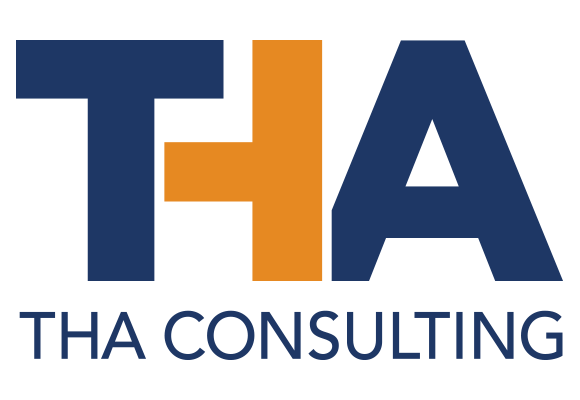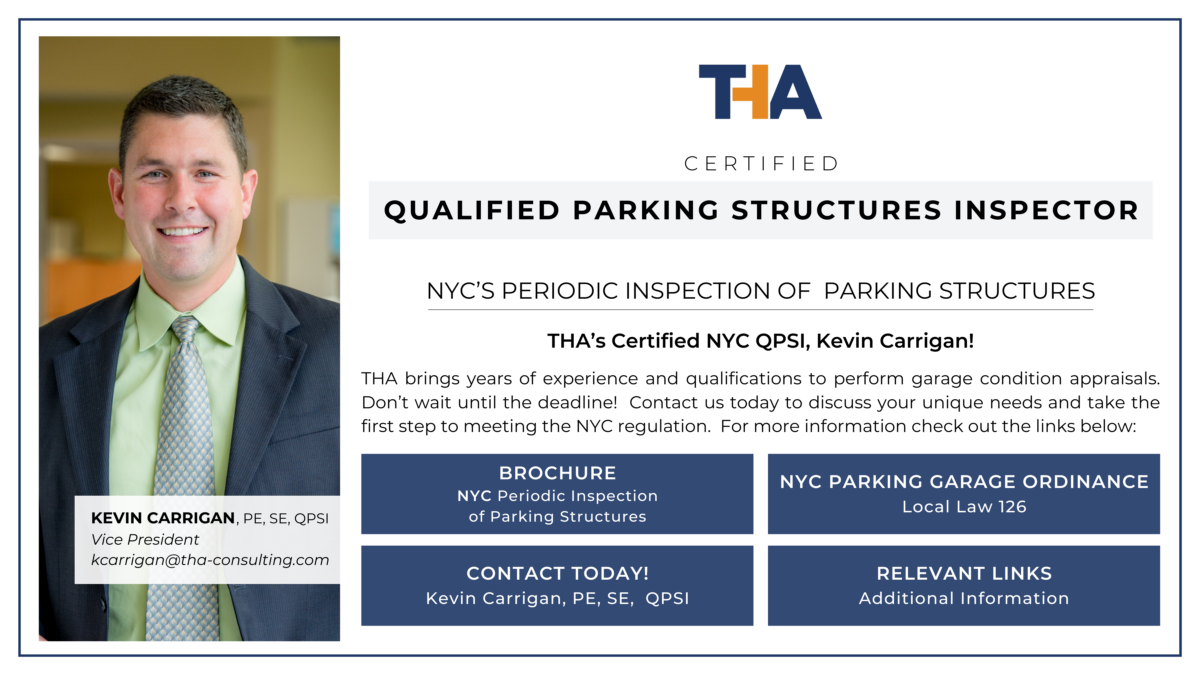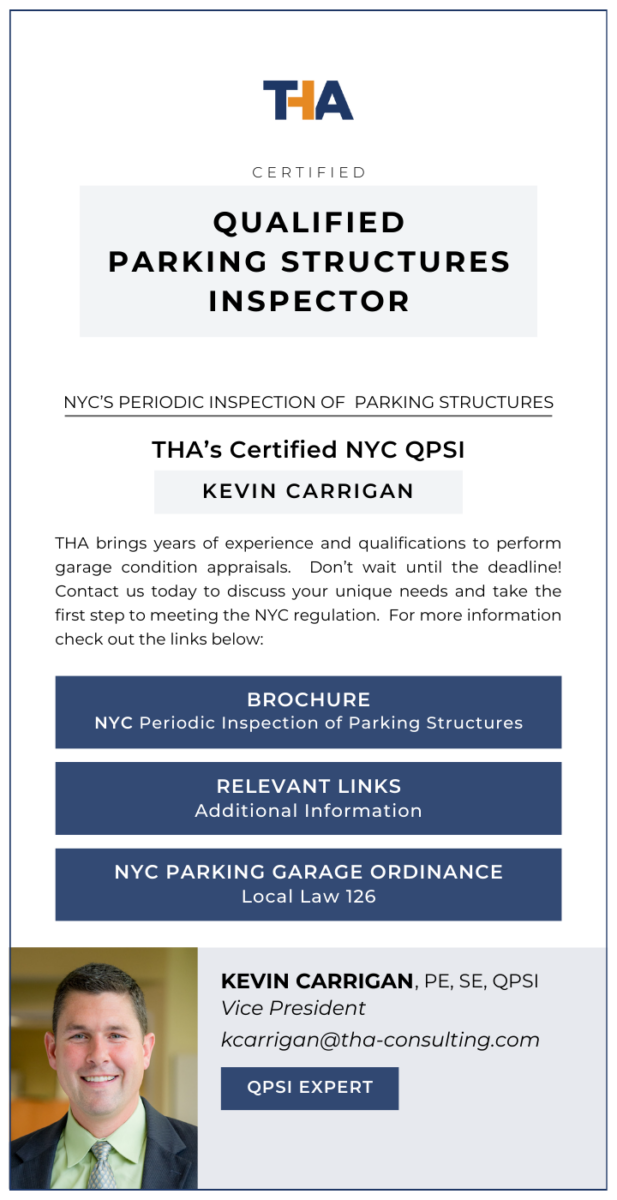Current parking technology options: PARCS vs. APGS, and what’s the best fit for my parking structure?
With varying levels of functionality and complexity, Parking Access and Revenue Control Systems (PARCS) allow parking owners and operators to control access and collect parking revenue from users. Available in varying types of equipment platforms, PARCS, when combined with policy and procedure, can speed entry and exit from a facility and secure revenue through audit records.
Throughout our time in the parking industry, we’ve witnessed cashiered parking being phased out in favor of Pay-On-Foot (POF) kiosks. Upfront costs for POF equipment are considerable; however, the kiosks bring savings in labor costs. In recent years, we’ve witnessed these POF kiosks start being supplanted by parking apps on cell phones, another technology we consider as we design future garages.
Another innovative PARCS approach includes automated License Plate Recognition (LPR) systems that are integrated with Pay-On-Foot equipment, making possible what is known as “frictionless” or hands-free systems. The benefits of these systems are reduced capital costs, improved facility throughput, and customer convenience.
An Automated Parking Guidance System (APGS) aids drivers in quickly finding open parking spaces. We previously saw green or red lights over the parking bays to indicate empty or occupied spaces. Similar to PARCS, the APGS has progressed to the next step, employing camera-based LPR to identify specific users and direct them to appropriate parking zones. For example, parking structures near both apartment complexes and shopping may feature zones separated for these two distinct uses, with the guidance system tracking if regular users can be fined or penalized for using the wrong spot.
Camera-based License Plate Recognition technology improves both PARCS and APGS, which enhances patron use and owner operation of the garage.
*Federal, State, and Local codes govern most of these requirements and should be thoroughly investigated. Data presented herein should be considered guidelines only. For more specific information and assistance with implementation of these guidelines, please contact THA Consulting, Inc. via email at info@tha-consulting.com


